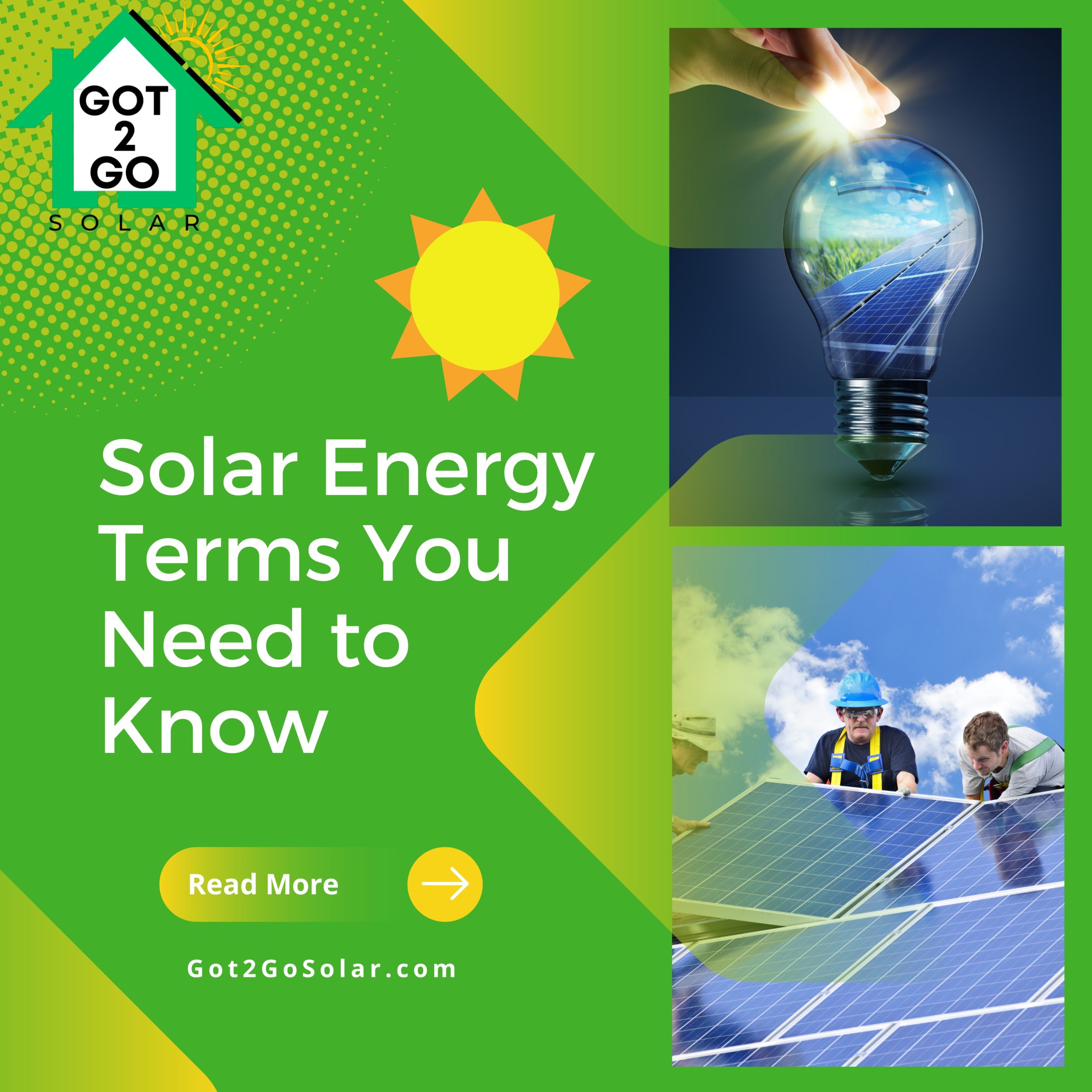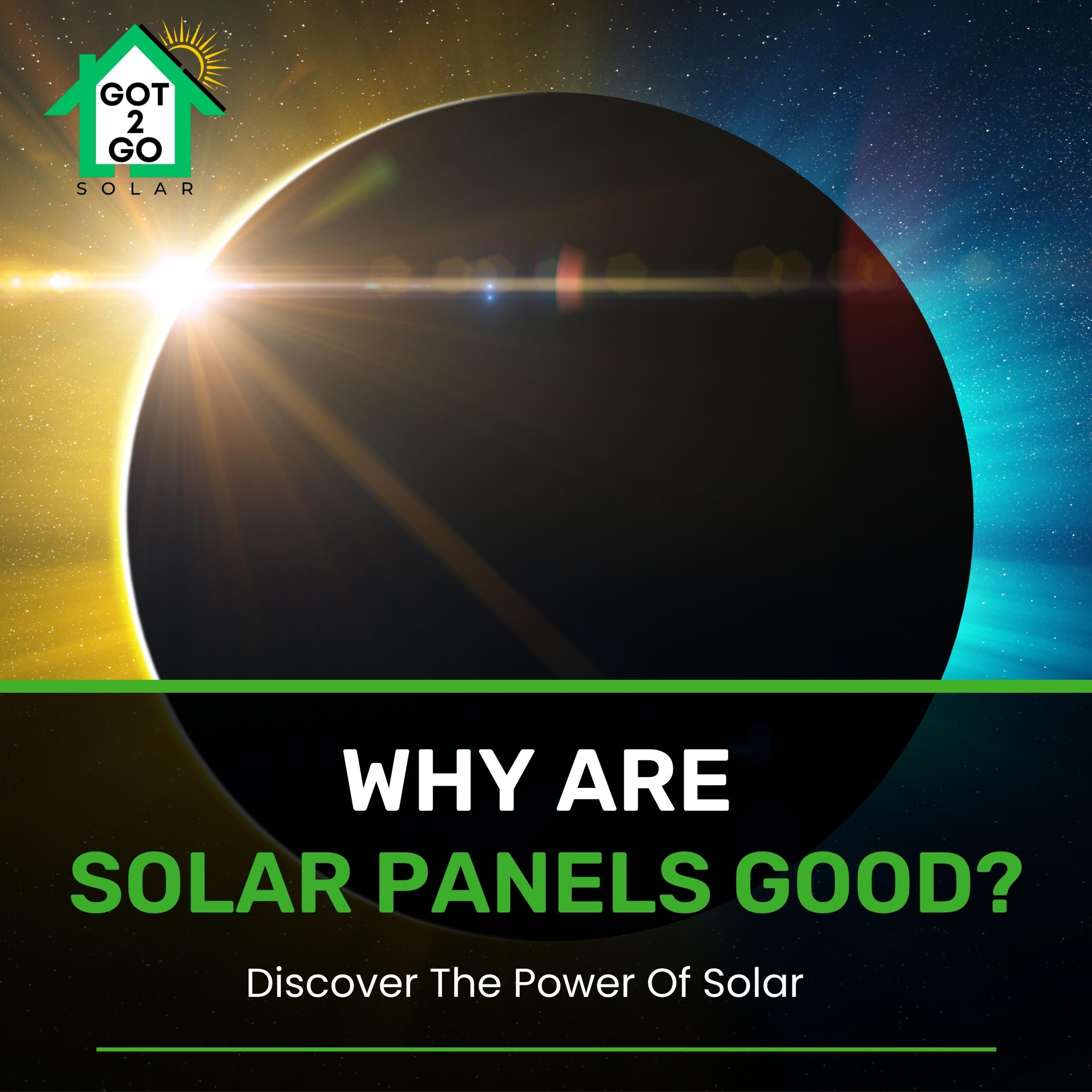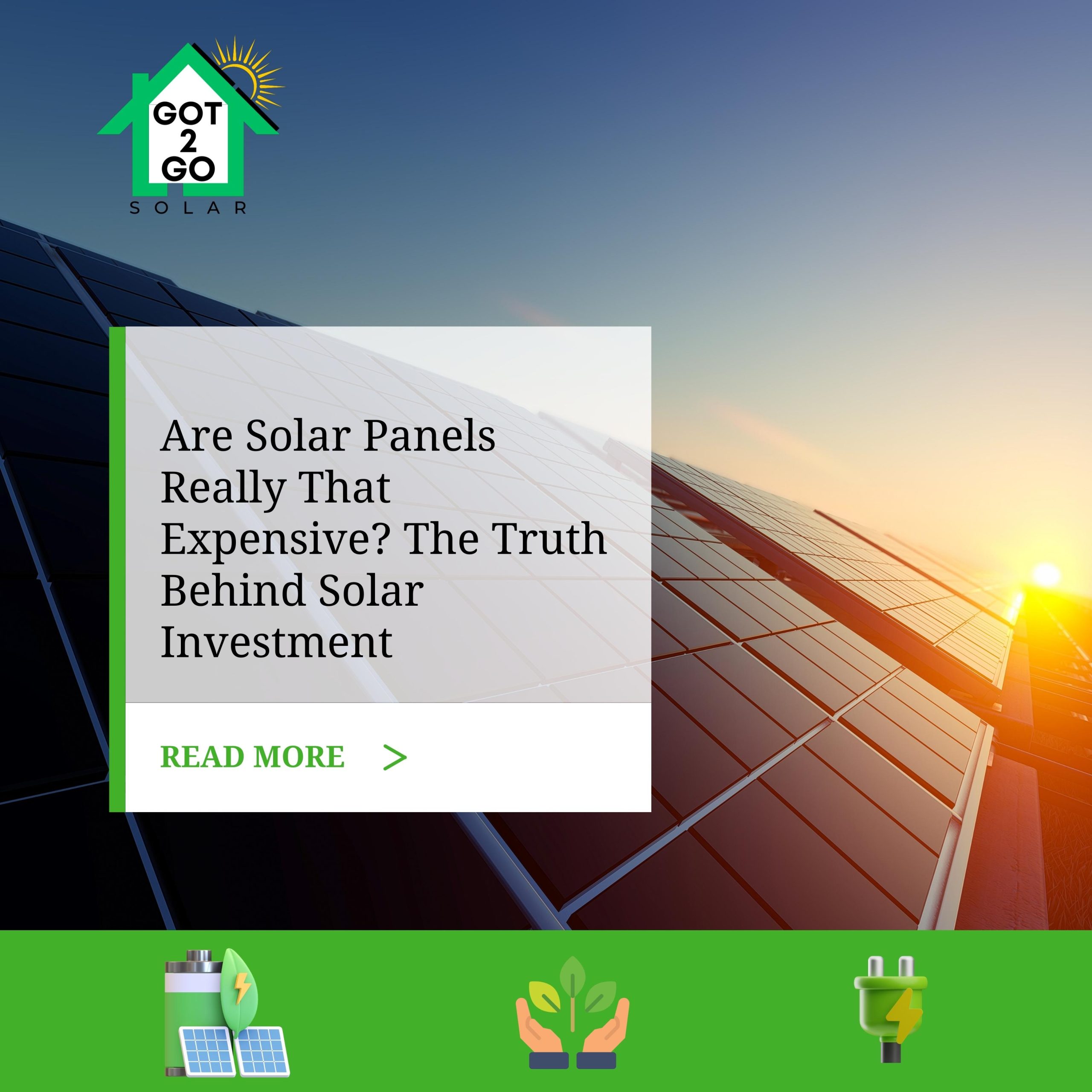Solar energy, with its promise of reducing carbon emissions and energy costs, is rapidly becoming a popular choice for homeowners and businesses alike. However, as with any industry, it comes with its own set of unique terminology that can be overwhelming to newcomers. Whether you’re considering making the switch to solar or simply curious about how it works, understanding these terms can make a significant difference in your decision-making process.
This blog post aims to demystify some of the most common and important solar energy terms. Our goal is to help you navigate conversations about solar energy with confidence, and ultimately make informed decisions that best suit your needs. From understanding the basic components of a solar energy system to the financial and environmental implications of going solar, we’ve got you covered. So let’s embark on this journey of solar discovery together!
Basic Solar Energy Terms
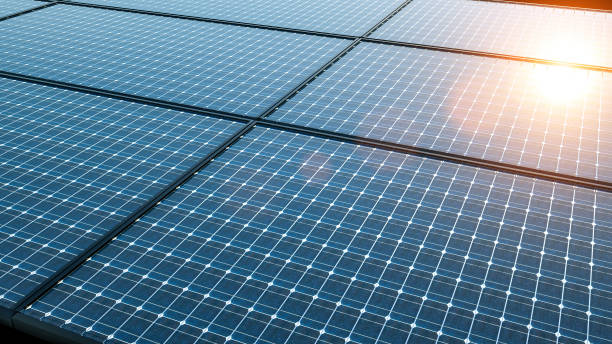
Solar Cell:
At the heart of any solar panel, you’ll find the solar cell. Also known as a photovoltaic cell, a solar cell is a device that converts light into electricity through the photovoltaic effect. Each cell is a small disk of a semiconductor like silicon, which is coated by a conductive material on the sides. When sunlight strikes the cell, it excites the electrons, creating an electrical circuit. For a more detailed understanding of solar cells, check out our blog post on Understanding the Essentials of Solar Panels.
Solar Panel:
A solar panel, also known as a solar module, is a collection of solar cells assembled on a frame. These panels are responsible for capturing sunlight and converting it into electricity. Each panel is made up of many cells, and the more sunlight that hits the cells, the more electricity they can produce. The process of how a panel is made and its lifecycle is fascinating, and you can learn more about it in our blog post on The Lifecycle of a Solar Panel.

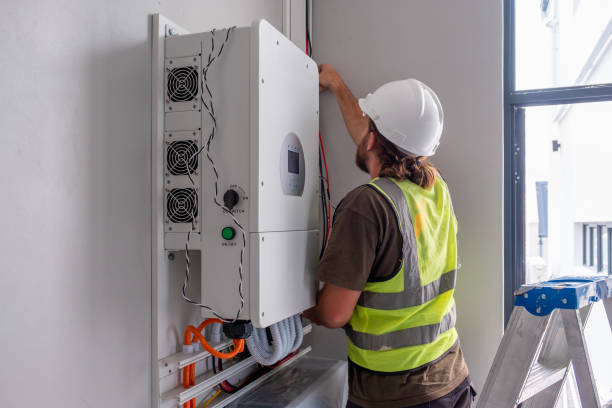
Solar Inverter:
The electricity generated by solar cells is in the form of direct current (DC). However, most homes and appliances use alternating current (AC). This is where the solar inverter comes into play. It’s a device that converts the DC electricity produced by your solar panels into AC electricity that can be used in your home or sent back to the grid.
Photovoltaic (PV) System:
A photovoltaic system (or PV system) is a power system designed to supply usable solar power by means of photovoltaics. It includes an arrangement of several components, including solar panels to absorb and convert sunlight into electricity, a solar inverter to change the electric current from DC to AC, as well as mounting, cabling, and other electrical accessories. PV systems range from small, rooftop-mounted or building-integrated systems with capacities from a few to several tens of kilowatts, to large utility-scale power stations of hundreds of megawatts.
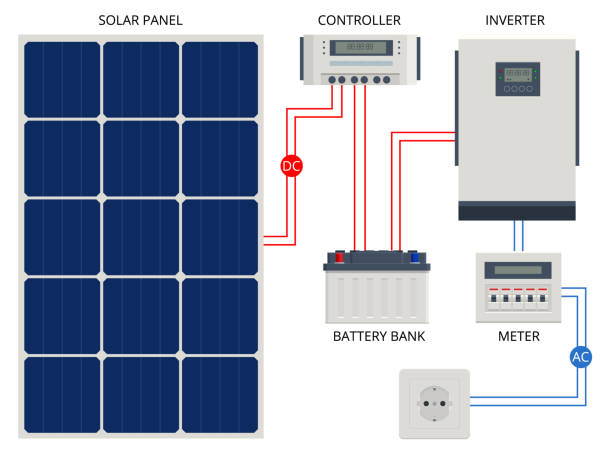
Solar Installation Terms
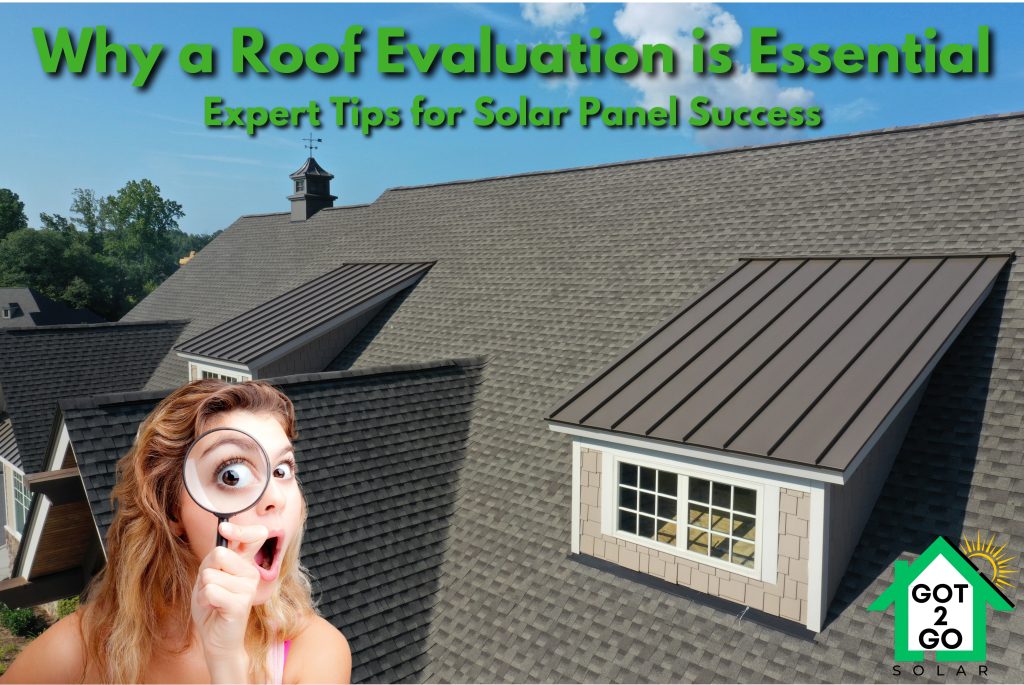
Roof Evaluation:
Before any solar panel installation, a thorough roof evaluation is conducted. This crucial step assesses the condition, orientation, and size of your roof to ensure it’s suitable for a solar panel system. The evaluation considers factors such as the age and material of your roof, the amount of sunlight it receives, and whether it can support the weight of the panels. A solid and secure roof is key to a successful solar panel installation. To learn more about this process, you can read our blog post on Expert Tips for a Successful Solar Panel Installation: Start with a Roof Evaluation.
Grid-Tied, Off-Grid, and Hybrid Systems:
These terms refer to the different ways a solar panel system can be set up in relation to the electrical grid. A grid-tied system is connected to the local electric grid and allows for excess power to be sold back to the grid. Off-grid systems, on the other hand, are not connected to the electricity grid and typically require battery storage for excess power. Hybrid systems combine the best of both worlds, connecting to the grid but also using a battery backup.
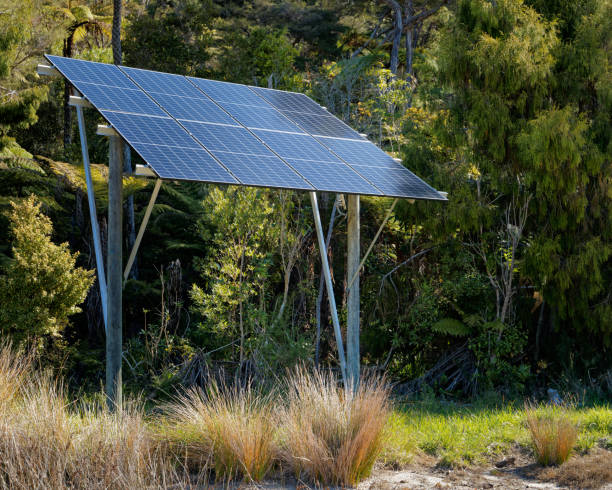
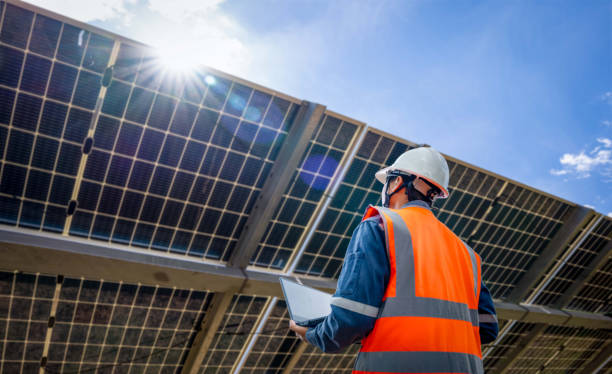
Mounting Systems:
Mounting systems are the structural support systems that secure solar panels in place. There are several types, including fixed mounts, which hold panels stationary, and tracking mounts, which allow panels to move and follow the sun’s path across the sky for maximum efficiency. The right mounting system for your installation will depend on factors like your location, roof type, and specific energy needs.
Solar Energy Production Terms
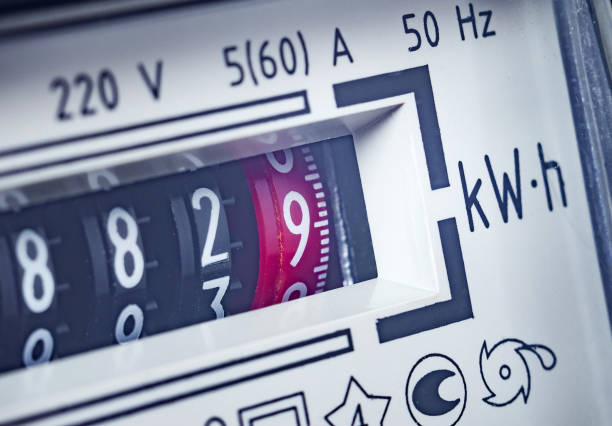
Kilowatt-Hour (kWh):
A kilowatt-hour (kWh) is a unit of energy commonly used to measure electricity usage and production. It is equal to the energy consumed by a 1,000-watt appliance running for one hour. When it comes to solar energy, the amount of electricity your solar panels produce will be measured in kWh. This unit is essential for understanding your solar energy production and consumption.
Net Metering:
Net metering is a billing system that credits solar panel owners for the excess electricity they add back to the grid. When your solar panels produce more electricity than you use, that extra power is sent back to the electrical grid, and you receive a credit from your utility company. Then, when you use electricity from the grid (like at night or on cloudy days), you can use these credits instead of paying for power. This system can lead to significant savings on your electricity bill.
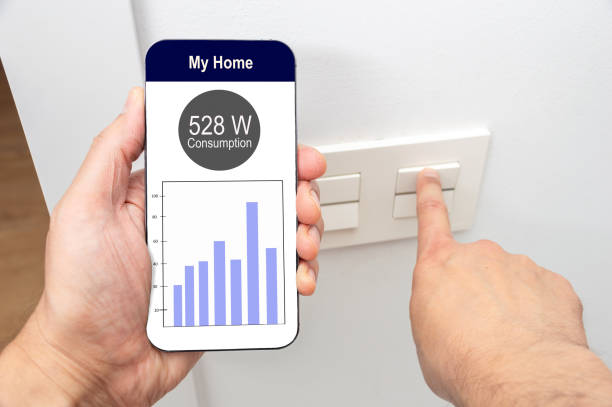
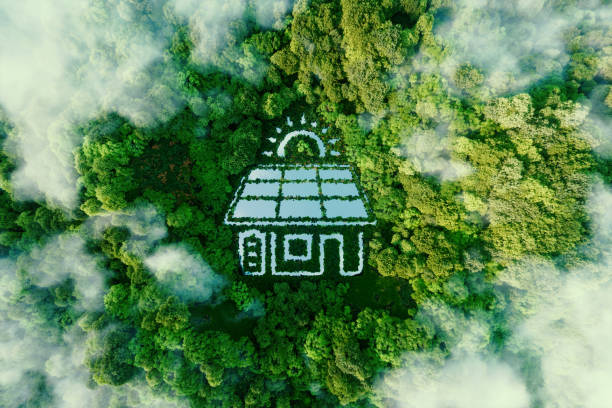
Energy Independence:
Energy independence is the goal of many solar panel owners. It refers to the state of being able to generate all the electricity you need for your home from your solar panels, reducing or even eliminating your reliance on the grid. This can lead to more predictable energy costs and a lesser impact from utility rate increases. However, achieving true energy independence may require additional measures like battery storage for excess solar power. To learn more about the considerations involved in achieving energy independence, check out our blog post on The Pros and Cons of Solar Energy.
Solar Financial and Environmental Terms
Solar Renewable Energy Credits (SRECs):
Solar Renewable Energy Credits, or SRECs, are a type of commodity produced by solar systems that can be bought and sold on the open market. When your solar system generates one megawatt-hour (MWh) of electricity, it also creates one SREC. These SRECs can be sold to utility companies, enabling them to claim to have produced solar energy themselves. This system not only provides an additional income stream for solar owners but also encourages the adoption of renewable energy.
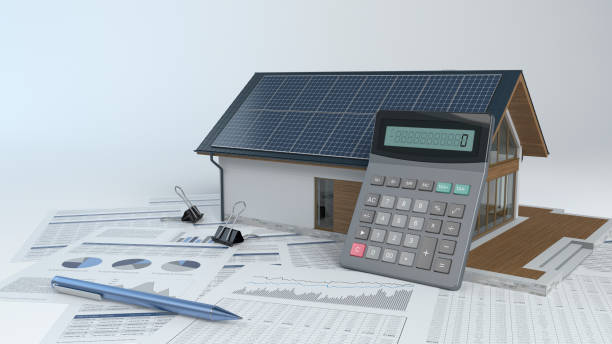
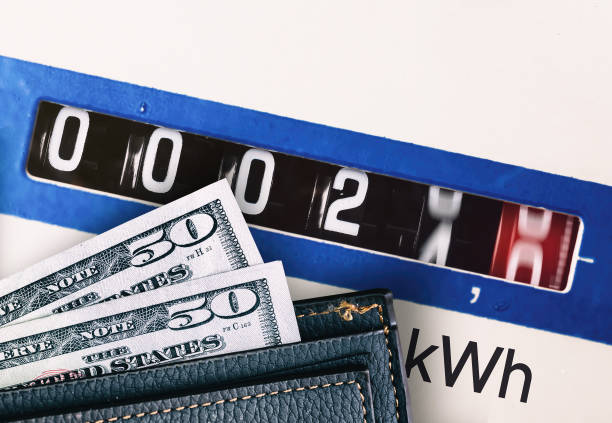
Payback Period:
The payback period refers to the length of time it takes for the savings from your solar system to equal the total cost of the system itself. This is a critical concept for prospective solar buyers to understand, as it provides a clear timeline for when they can expect to start benefiting financially from their solar investment. For more details on the financial implications of solar panel installation, take a look at our blog post Increasing Your Homes Value with A Solar Panel Installation.
Carbon Footprint:
Your carbon footprint is the total amount of greenhouse gases, including carbon dioxide and methane, that are generated by your actions. Switching to solar energy can significantly reduce your carbon footprint, as solar panels generate electricity without emitting greenhouse gasses. To learn more about the environmental benefits of solar energy, check out our blog post The Environmental Impact of Solar Energy: What You Need to Know.

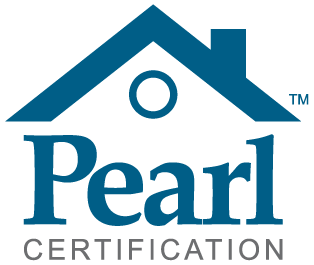
Pearl Certification:
Pearl Certification is a prestigious certification for homes that have high-performing systems and features for energy efficiency, renewable energy, and other aspects of a home’s performance that contribute to its overall value. Solar panels are one of the features that can contribute to achieving this certification. Read more about how Pearl Certification adds value to your solar-powered home in our blog post Pearl Certification: A Partnership for Sustainable Homes.
In conclusion
Understanding the key terms related to solar energy is a crucial step in the process of considering, buying, and utilizing solar panels. It’s not just about the panels on your roof, but also about understanding the impact on your wallet, your home’s value, and the planet.
From understanding the basic components like solar cells and panels to comprehending financial and environmental terms like Solar Renewable Energy Credits and carbon footprint, these terminologies help to illuminate the many benefits and considerations of going solar.
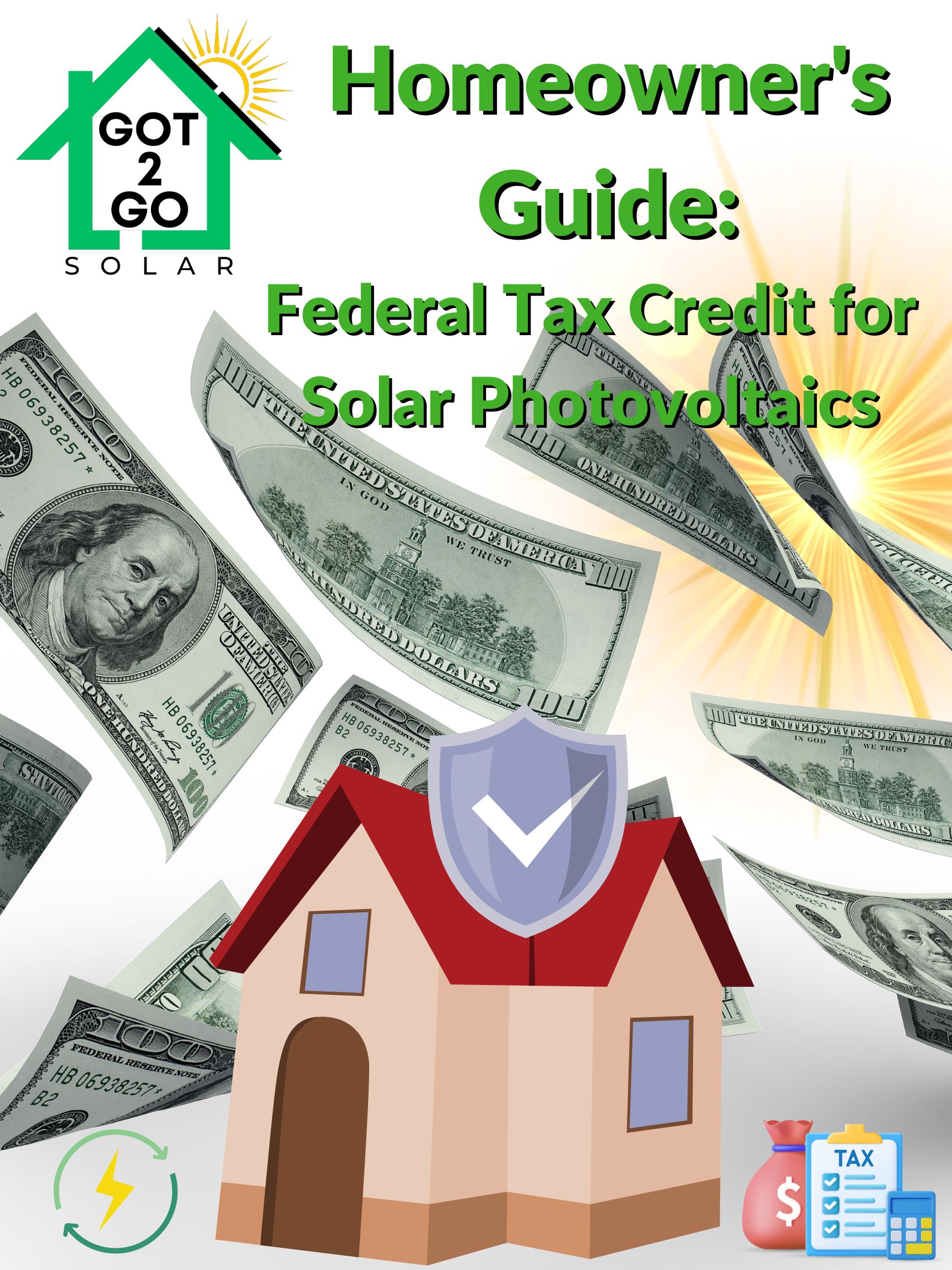
Ready to elevate your home’s value and sustainability with Pearl Certification?
Don’t wait, start your journey today!



